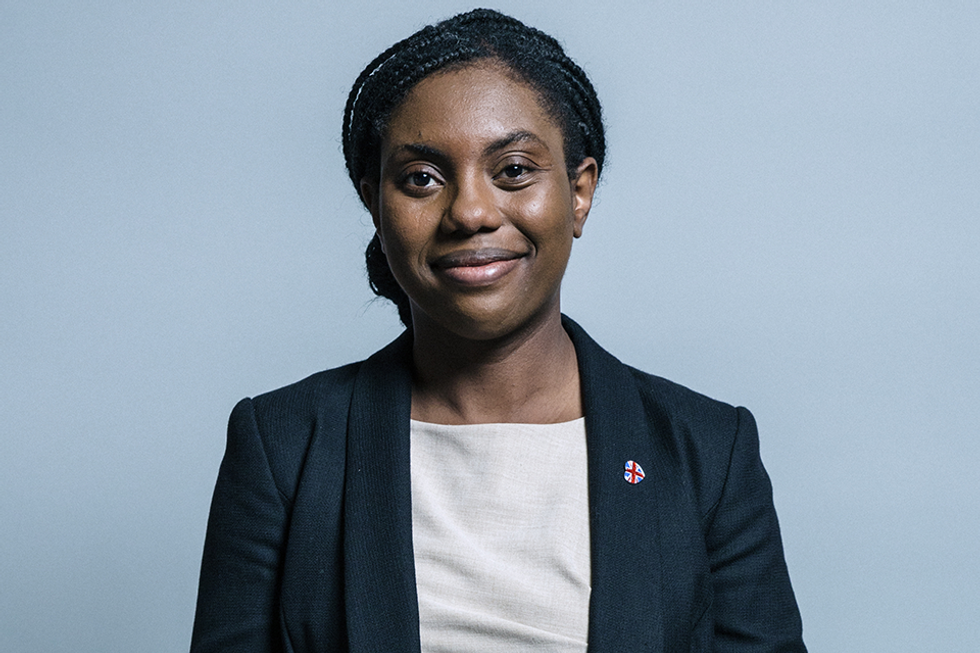THE spectacular successes of the vaccination and booster rollouts have gone a very long way in pushing omicron into retreat, allowing us to relax the ‘Plan B’ Covid restrictions imposed before Christmas.
Yet, there are five million or so people in this country – many from our ethnic minority communities – who are yet to receive even a first dose of life-saving vaccine.
Of course, there are always going to be those who simply won’t be persuaded, no matter how emphatic the science is, or how convincing the public health need. But it’s also the case that among those unvaccinated individuals, there are people who have legitimate concerns, or who are part of communities or groups with long-held suspicions of public health institutions and/or the government.

It’s not our job to dismiss those people. It’s our job to understand the factors that may be holding them back, and to try to persuade them that vaccines are safe and our first line of protection against the virus. And it must go beyond flooding communities with public service announcements or hectoring people to simply “believe in the science”.
For the vast majority of us, this global pandemic has been the greatest threat to our health – and to the health of those around us – in our lifetimes. But for some communities, the calculus is different –Covid-19 is only one of the multiple grave threats.
When confronted with that harsh reality, it’s no wonder there are many people and many communities who see Covid through the light of their own experience, viewing it as something that is not uniquely scary, and arriving at the conclusion that getting jabbed should be a personal choice.
History tells us that introducing anything other than food into your body or blood is always likely to be an emotionally fraught experience.
When the British doctor Edward Jenner began vaccinating people with cowpox in order to defend them against smallpox in the late 1790s, there was immediate disquiet.
Critics said the idea of vaccination was repulsive and ungodly; cartoonists showed people who had been vaccinated sprouting cows’ heads.
The complex fears behind people holding back is why we’ve worked with faith leaders and a 14,000- strong army of “community champions” throughout the rollout to sit down with people and hear their concerns.
Fear and uncertainty are easier to foster than trust and confidence, and inaction easier to encourage than action. But these credible voices have showed time and again that they are capable of helping people see the common good and establishing the trust people need in order to break out of the hesitancy straitjacket.
So, to help opportunity trump hesitancy in the weeks ahead, we are investing £23 million in new funding to empower faith leaders and “community vaccine champions” so they have the tools they need to take the message to communities where stubborn pockets of vaccine scepticism still exist.
Covid has taught us again and again that cookiecutter policies don’t work. So instead of taking a one-size-fits-all approach, the funding is precision targeted to the 60 local authorities with the lowest rates of Covid-19 vaccine uptake.
In a major crisis, people often pull together rather than apart, and this can be said of how ethnic groups in this country have got through this turbulent period. These “community champions” are helping us bring people through the most crucial stage of our battle with the pandemic by showing people the countless benefits of vaccination, not just for the country, but for them, personally.
This is the third year that Covid is part of our lives in the UK, but the first year that we’ve witnessed a pandemic within a pandemic of the unvaccinated. As many as 90 per cent of individuals in our intensive care units have not had their booster.
The pressures this has put on our embattled hospitals and NHS staff in recent weeks is testament to the painful truth that Covid does not care whether we believe the science or not, it only cares whether we have got the jab.
So, if you haven’t, I urge you to take that small but vital step. Book your vaccine now and get a jab.




Fresh approach to tackling persistent vaccine hesitancy